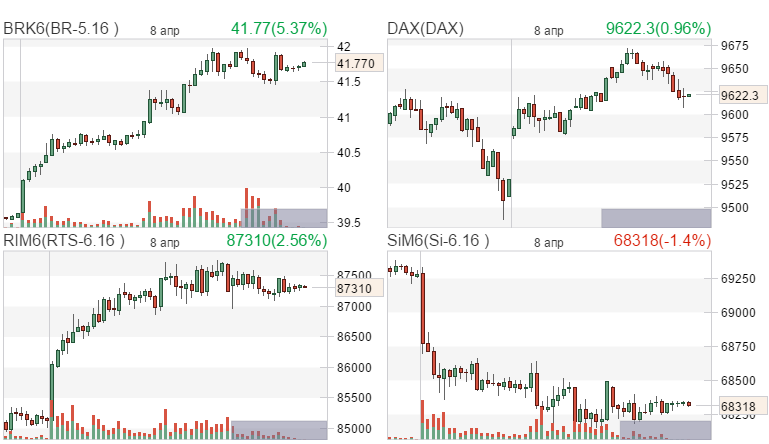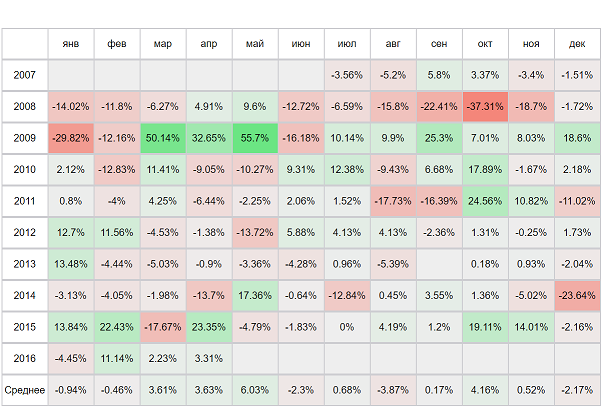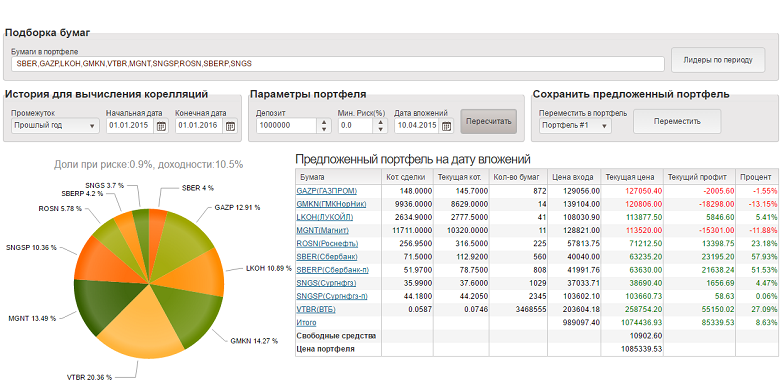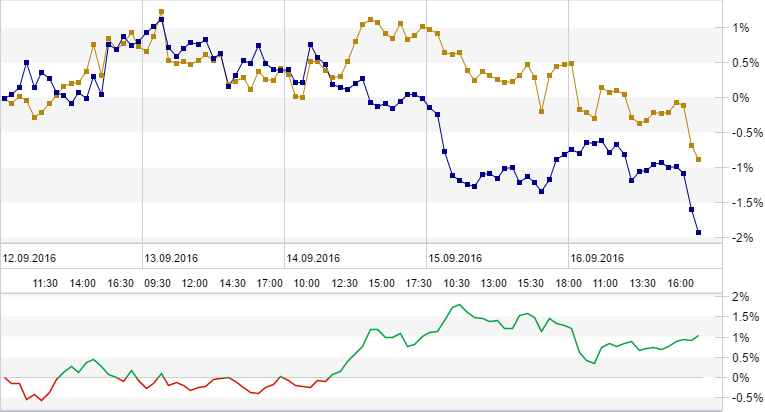 |  |  | |||||||||||
 |
|
||||||||||||
 |  |  | |||||||||||||||
 |
|
||||||||||||||||

Техническая поддержка
ONLINE
 |  |  | |||||||||||||||||
 |
|
||||||||||||||||||
Escrow | Housing | Finance & Capital Markets | Khan Academy
ruticker 02.03.2025 23:23:36 Recognized text from YouScriptor channel Khan Academy
Recognized from a YouTube video by YouScriptor.com, For more details, follow the link Escrow | Housing | Finance & Capital Markets | Khan Academy
So, the house that you're interested in on the market is asking **$310,000**. You offer **$300,000**, and so you make an offer contract. You date it, you give all the pertinent information, you say what your offer is, and you give a deposit to show that you're earnest and serious about this. But then you list your contingencies. You say, "Hey, look, I want to buy this house unless it doesn't pass inspection, unless I'm not able to get financing, unless I'm not able to get insurance, unless the title is somehow not clear." But if all of this does happen in a favorable way, then we're going to close two months in the future. Now, the seller has three options: 1. **Accept your offer**: They could say, "Okay, I agree to this offer contract," and then you both sign it. This means you put your signature, and the seller puts their signature, and everyone agrees to this happening. The seller will sell, and your deposit will essentially be taken. We'll talk in a second about where that deposit goes. 2. **Reject your offer**: The seller might just outright reject your offer and say, "No, no, no, this is an insult. This house has been in our family forever. The $310,000 is my bargain basement price. I don't even want to give credit to this offer by doing anything else." So, they just reject it outright. 3. **Give a counteroffer**: They could give a counteroffer. They might say, "Okay, this is close, but I'm going to issue a new counteroffer contract where instead of it being $300,000, how about **$305,000**? Or how about fewer contingencies? Or how about a closing date that is closer to the period we're talking about? Or how about the buyer takes on more of some type of closing costs?" The seller is trying to give a counteroffer that's in some way more favorable to them. The buyer might look at that and either turn it down or accept it. But let's just say for the sake of this video that this offer contract is accepted. If the offer contract is accepted, then the buyer signs it, the seller signs it, and they move forward. The transaction will move forward, and this essentially releases a whole series of things that are going to go on. Let me see if I can diagram that out. We are talking about a world where the offer is accepted. The first thing that is going to happen is that you're going to have an **opening of escrow**. I know what you're thinking: "What is escrow?" I remember the first time I was involved in a real estate transaction, and I thought that myself. This word "escrow" kept popping up over and over again, and I had never seen the word until I started dealing with this real estate transaction. The whole idea of escrow is if you have a buyer and a seller. Escrow actually applies beyond just real estate, but the idea becomes useful anytime you're making a major transaction for something that's quite valuable. Maybe the transaction is a little bit involved. So, if you have a buyer and a seller, the buyer might say, "Hey, give me the keys to the house, and then I will give you the money." But the seller might say, "Hey, I'm not going to give you the keys." When I say "keys," I'm really meaning the title to the house. That's actually the important thing. Keys can be changed, but give me ownership of the house, and then I'm going to give you money. The seller says, "No, this is a major asset. This is my largest asset. I'm not just going to give you title until I get the money first." And then the buyer says, "No, this is all the money I have. I'm not going to give you the money until I get the title to the house first." By the way, I don't want to give you the money until all of this other stuff happens—until I can inspect the house and all of these other things. The seller says, "Hey, wait! I don't want to let you get all these strangers into my house and inspect it unless I know for sure that you're going to buy it." You can see that this could be a little bit of a logjam. They want to transact, but maybe they don't trust each other, or maybe they trust each other but are just afraid that one person might take the title and run, or one person might take the money and run, or they might not be serious. So, what society has developed to solve this problem—it's not just for houses; it can be for any major transaction, like businesses or anything that can be fairly complex—is they turn to a **trusted third party**. Let me write this down: a **trusted third party** that is called the **escrow agent**. When we're talking about escrow, we're talking about putting something into, I guess you could say, a third-party bucket or account. Everything is going to be placed there. The buyer is going to put all the things that they need to place there, the seller is going to place everything that they need to place there, and then the trusted third party can verify that both parties have met their obligations. Then it can give the seller what they need and give the buyer what they need, and then essentially close that escrow account. So, right when you start this, when we say **opening of the escrow account**, that means that as soon as the offer is accepted, you open an escrow account. That deposit we talked about, that **$9,000**, goes into the escrow account. Why is it important to put it in the escrow account? Well, if you gave that deposit to the seller, maybe the seller just cashes the check but then later refuses to proceed or doesn't allow the inspector to come into the house or whatever else it might be. This is a way the buyer can feel sure that, "Okay, I'm writing this check, but it's not going to disappear without me knowing about it." $9,000 is not a small amount of money, and this way the seller feels good, "Okay, I trust this third party. The buyer has put the deposit there. I know the deposit is there, so now I can let the transaction proceed. I can let inspectors come into the house, feel good about it," etc. As we go through this period—between the time that the offer was made and the closing date—many things will happen. You're going to have the **inspection**. - The house passes inspection. - The financing comes through, and the rest of the money for the house gets placed here. So, if the buyer is putting **20%** down on the **$300,000** house, that's going to be **$60,000**. They've already put in **$9,000**. This deposit is usually towards the down payment, so they'll want to put another **$51,000** down payment. Then the financing comes through, which is going to be the remaining **$240,000** from the bank. There might be some other costs on either side, which are called **closing costs**. We'll do whole videos on all the different types of closing costs, but these might include paying the agents, paying the mortgage brokers, paying for the escrow services, the title services, the title search, etc. Both sides are going to put in their closing costs. In different states, there might be different conventions, or even different transactions might have different conventions for closing costs. So, you go all the way to **12:15**. We're assuming this is happening in **2015**. You have your closing date, and the trusted third party, the escrow agent, is going to say, "Okay, look, the buyer has put everything that they need to put in order to buy the house. The seller has met all of their obligations, and the house has passed all the inspections. All of these contingencies have been met." On the closing day, this trusted third party, the escrow agent, will actually disperse the money. They will disperse the **$300,000** to the seller and will issue the title, which is the ownership, to the buyer. They will also pay everyone else who has to be paid here. They might have to pay themselves because they're one of the services as part of this, so that will be involved in the closing costs. They might pay the mortgage broker, the agents, and all the other people who are party to this transaction. As we've seen in the video on titles, the title is really about filing a deed—filing a deed with the county or with the city. This right over here would be a deed, which essentially gives the new owner, the buyer, proof that they now own the property. The big idea here is that this whole idea of escrow is just a way to collect all of the obligations of the different parties so that they can trust each other. Then, on the closing date, that's really the close of escrow because you don't need this escrow account anymore. It just disperses the different things to the different parties so that the transaction is complete.
Залогинтесь, что бы оставить свой комментарий












